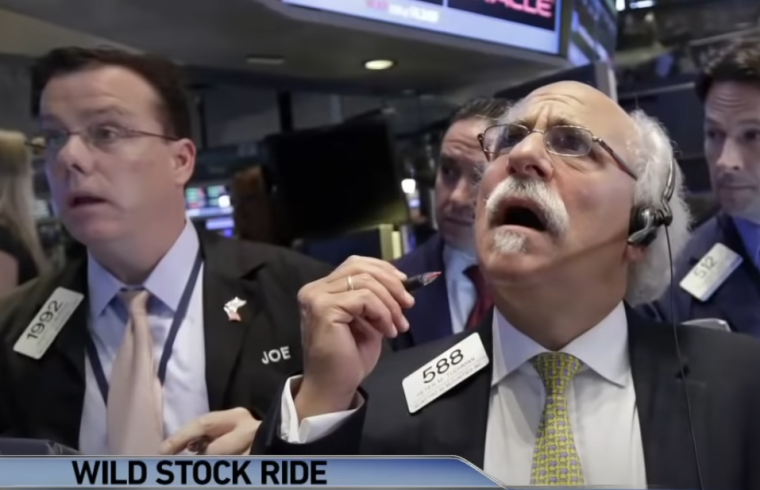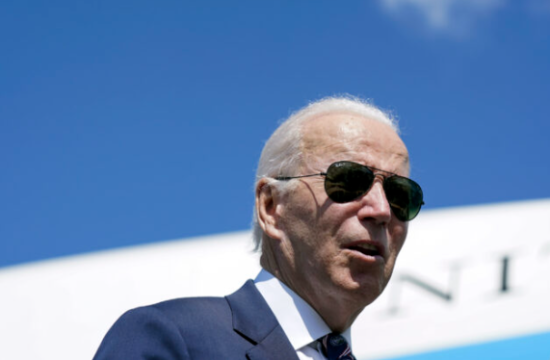The stock market’s roller-coaster journey resumed on Monday, with the Dow dropping two percent. This puts the index at its lowest point of the year, down about 12%, while the Nasdaq Composite has down 4.3 percent.
A rush of investor concerns has shook markets this year. Inflation is at its highest level in decades. As a result, the Federal Reserve has begun the most severe monetary policy tightening effort since the 1980s, according to experts. Investors are doubtful that the Fed will be able to carry out its planned path of interest rate hikes and balance sheet reductions without sending the economy into recession.
The stock market is tanking again today, meaning we are rapidly approaching the stock market turning negative for the 18 months Joe Biden has been in office. It’s truly remarkable how Biden is failing on every possible issue simultaneously. I’ve never seen anything like it.
— Clay Travis (@ClayTravis) May 9, 2022
There are also rising concerns that the inflation crisis, which has been exacerbated by Russia’s invasion of Ukraine, may lead to recession in major countries, as the Bank of England warned last Thursday.
Bitcoin, meanwhile, has dropped about 60% of its value from its all-time high in November, with a decline of nearly 15% on Monday alone.
In today's environment, the notion that the stock market isn't the economy doesn't hold up anymore https://t.co/8pfdRtR0YE
— CNBC (@CNBC) May 9, 2022
The destinies of Wall Street and Main Street have never been more entwined due to a variety of causes. The amount of household wealth derived from directly or indirectly owned equities reached a record 41.9 percent, more than twice what it was 30 years ago.
The stock market is frequently used as a mood indicator and can have an influence on GDP (GDP). The output of all products and services in an economy is measured by GDP. As the stock market rises and falls, so does the economic mood. People’s spending varies in response to changes in emotion, which drives GDP growth; yet, the stock market may have both positive and negative effects on GDP.












